
- Article
- Article
Spanish flu and the depiction of disease
The Spanish flu pandemic of 1918 killed many millions more than World War I did. Find out why contemporary artistic depictions of its devastating impact are so rare.

- Article
- Article
Hands-on healthcare
A young hospital volunteer feared her contribution was a long way from the serious business of real healthcare. But time spent painting patients’ nails proved to be a valuable contribution to life on the ward.

- In pictures
- In pictures
The eyes have it
In 1583, eye specialist Georg Bartisch published a book detailing the treatments he’d developed for various eye disorders. Today his approach seems to mix surprising innovation with entirely contemporary religious judgement.

- Article
- Article
When monarchs healed the sick
Our current Queen fortunately doesn’t have to spend hours laying hands on the sick to cure them. But it was a different story for monarchs of the early modern era, whose touch was a sought-after treatment for scrofula.
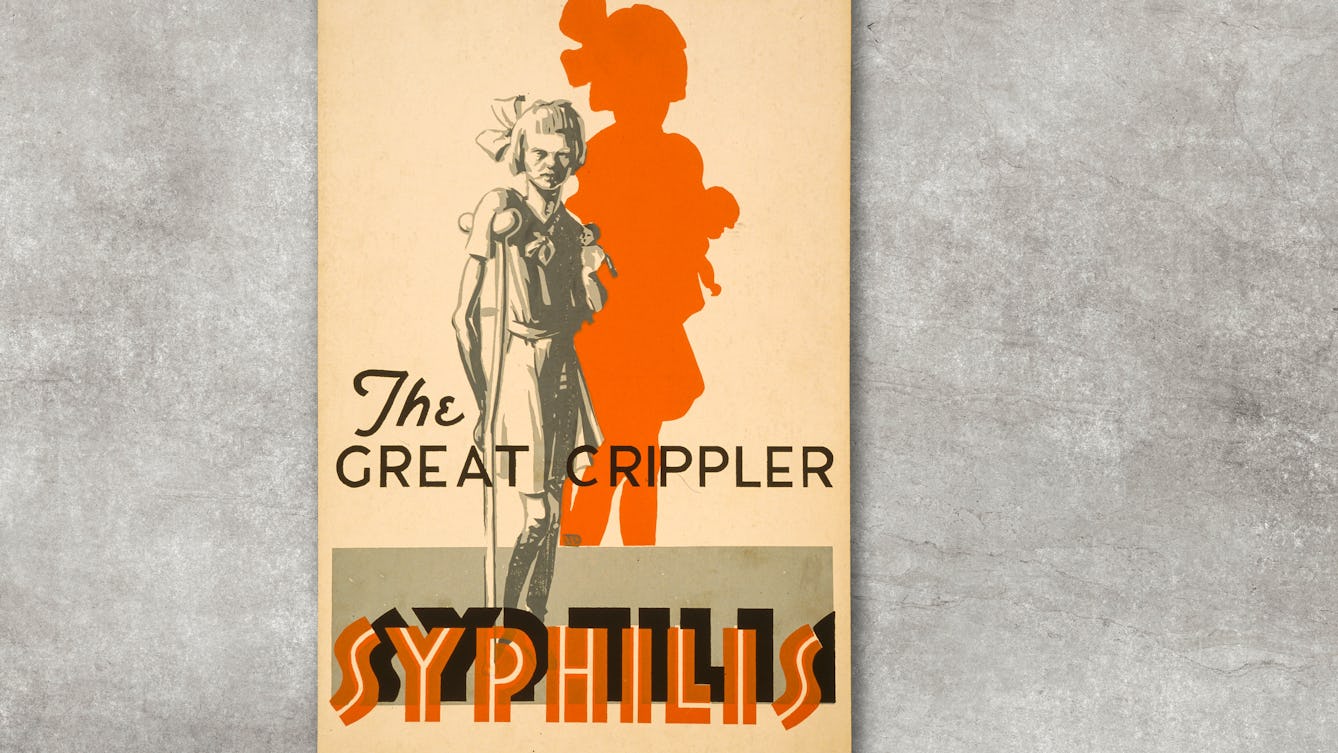
- Article
- Article
Public health campaigns and the ‘threat’ of disability
By continuing to represent disability as the feared outcome of disease, public health campaigns help to perpetuate prejudice against disabled people.

- Article
- Article
Bringing biotech to the people
Amateur scientists have inspired all kinds of frightening scenarios, from Frankenstein’s monster to ‘The Fly’ and ‘Breaking Bad’. But it can be a force for good. Today’s DIYbio enthusiasts are having fun – and even making lucrative breakthrough discoveries.

- Article
- Article
Unravelling genetic origins from the potato to cinchona
Starting with the humble potato, Nataly Allasi Canales reveals how researchers unearth the genetic origins of modern plant varieties, and explains why their work is so important for biodiversity.

- Article
- Article
The father of handwashing
Doctors performing autopsies and then delivering babies – with not a hint of soap in between – was the grim recipe producing a lot of motherless offspring in the 1800s. But one man’s gargantuan efforts to upend accepted medical thinking turned the tide.

- Article
- Article
Losing touch
In these pandemic times, when touch has become taboo, Agnese Reginaldo explores the importance of physical contact to our wellbeing.
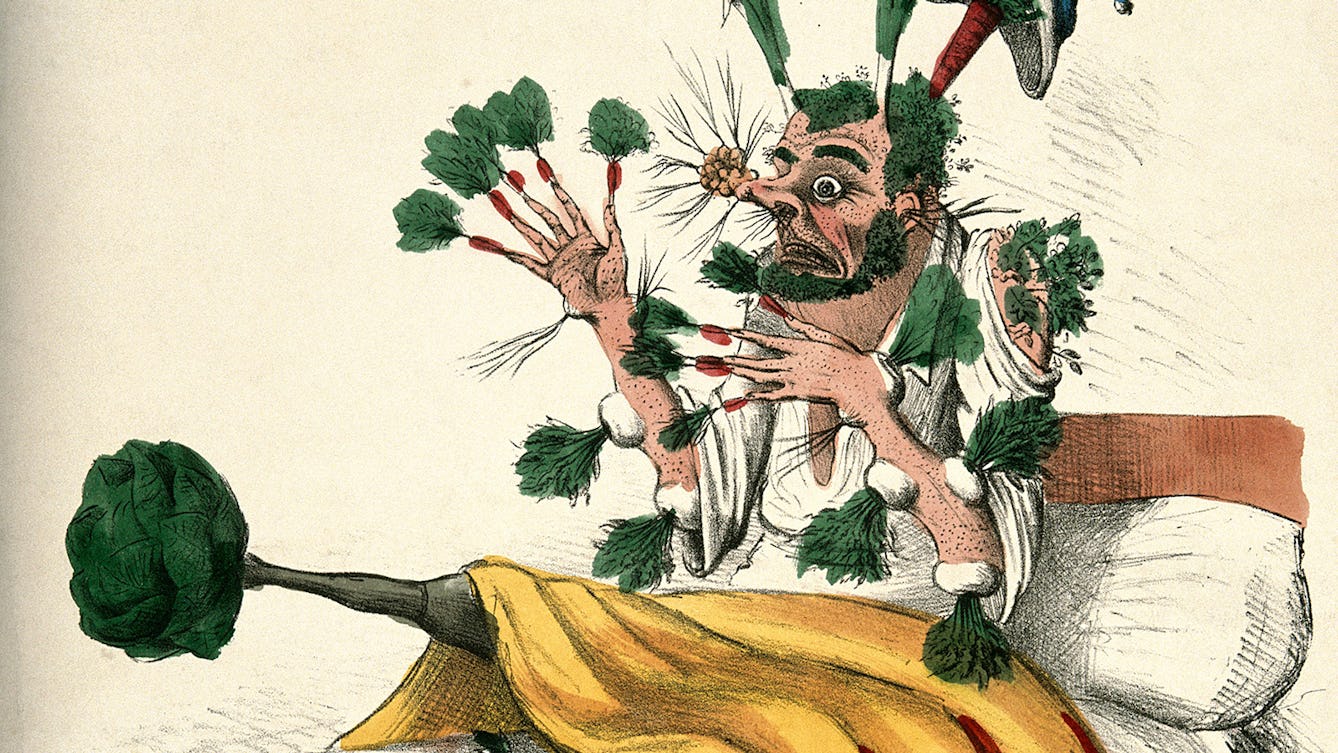
- Article
- Article
Graphic battles in pharmacy
James Morison’s campaign against the medical establishment inspired a wave of caricatures mocking his quack medicine.

- Article
- Article
Pain and the power of activism
Today, women with endometriosis have more access to better information than ever before. Jaipreet Virdi applauds the shared stories, online communities and self-help books empowering women in pain.

- Article
- Article
Cowpox, Covid-19 and Jenner’s vaccination legacy
The well-known story of vaccination pioneer Edward Jenner has at its heart his drive to make vaccines free of charge and available to all. Now his principles extend to the global campaign for a people’s patent-free vaccine for Covid-19.

- Article
- Article
‘Jessy’, a film about cerebral palsy
How the 1950s British film industry portrayed this disease.

- Article
- Article
Why pandemic denial is nothing new
Could today’s Covid-deniers be taking lessons from history? After all, it’s nearly 200 years since frustrations at a cholera-induced lockdown erupted in Sunderland.

- Article
- Article
The stranger who started an epidemic
New Orleans, 1853. James McGuigan arrives in the port city and succumbs to yellow fever.

- Article
- Article
Between sickness and health
In early 2020, the subject Will Rees was studying – imaginary illnesses – took on a new relevance as everyone anxiously scanned themselves for Covid symptoms each day. But this kind of self-scrutiny is nothing new, as he reveals.
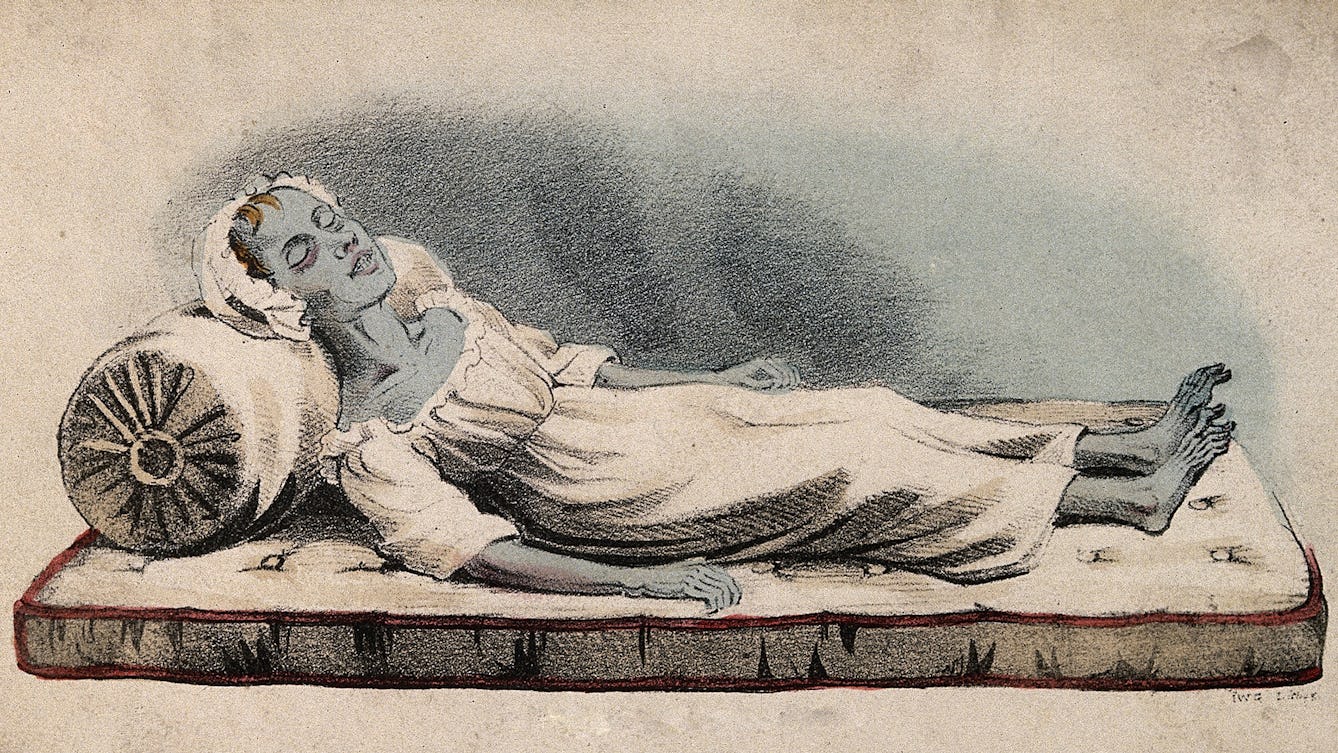
- Article
- Article
The colonist who faced the blue terror
India, 1857. In a British enclave, Katherine Bartrum watches her friend, and then her family, succumb to the deadly cholera.

- Article
- Article
Demanding a diagnosis for invisible pain
After dozens of hospital visits and handfuls of painkillers, a plethora of scans and tests bring diagnosis closer for Jaipreet Virdi.

- Article
- Article
Coleridge’s hypochondria
An intense focus on his own bodily sensations led poet Samuel Taylor Coleridge to self-medicate with narcotics. But this fascination also put Coleridge ahead of the medical sensibilities of his day.
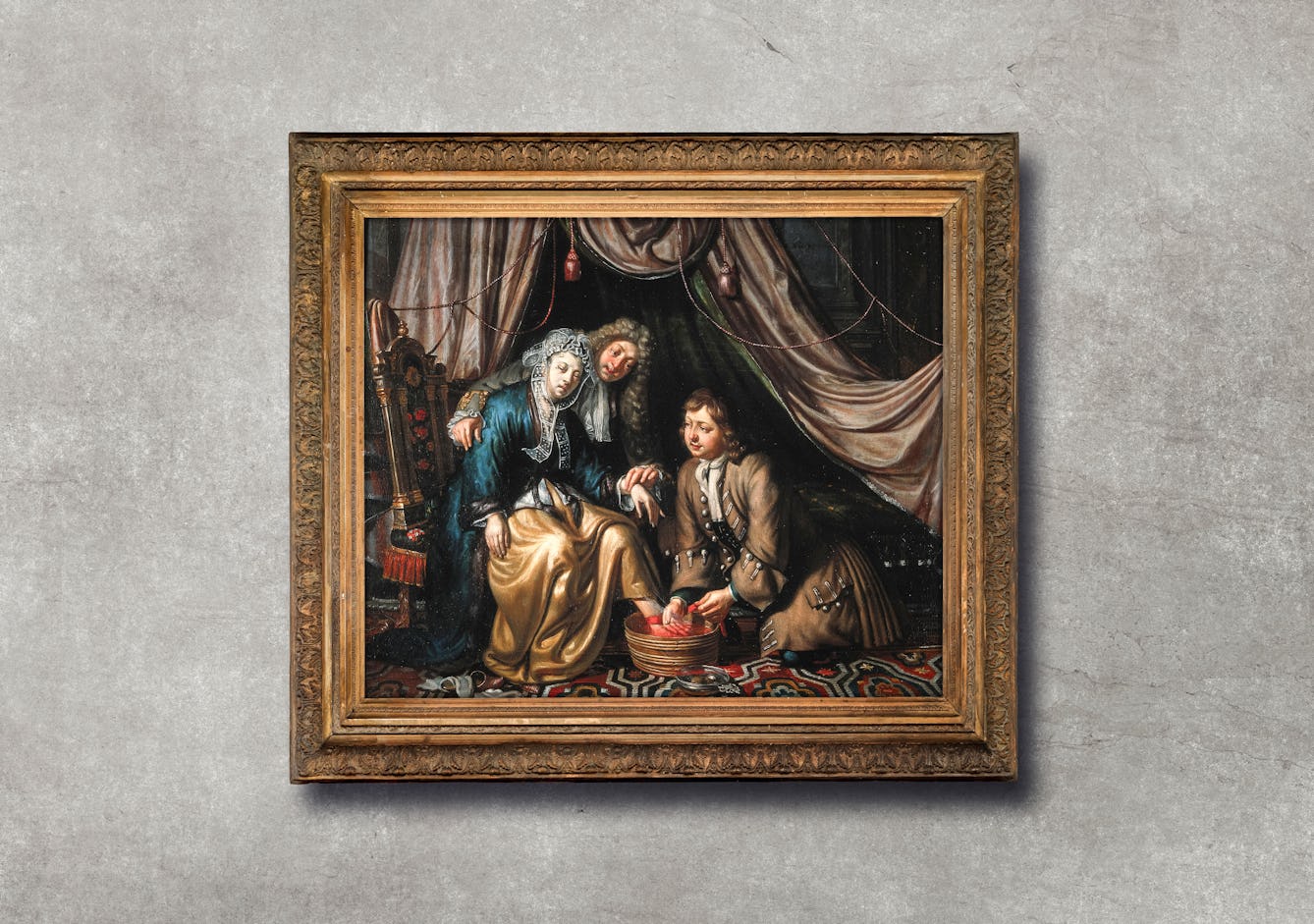
- Article
- Article
Bleeding healthy
For thousands of years, and in many different cultures, people have practised bloodletting for health and medical reasons. Julia Nurse explains where and when bleeding was used, how it was done, and why.
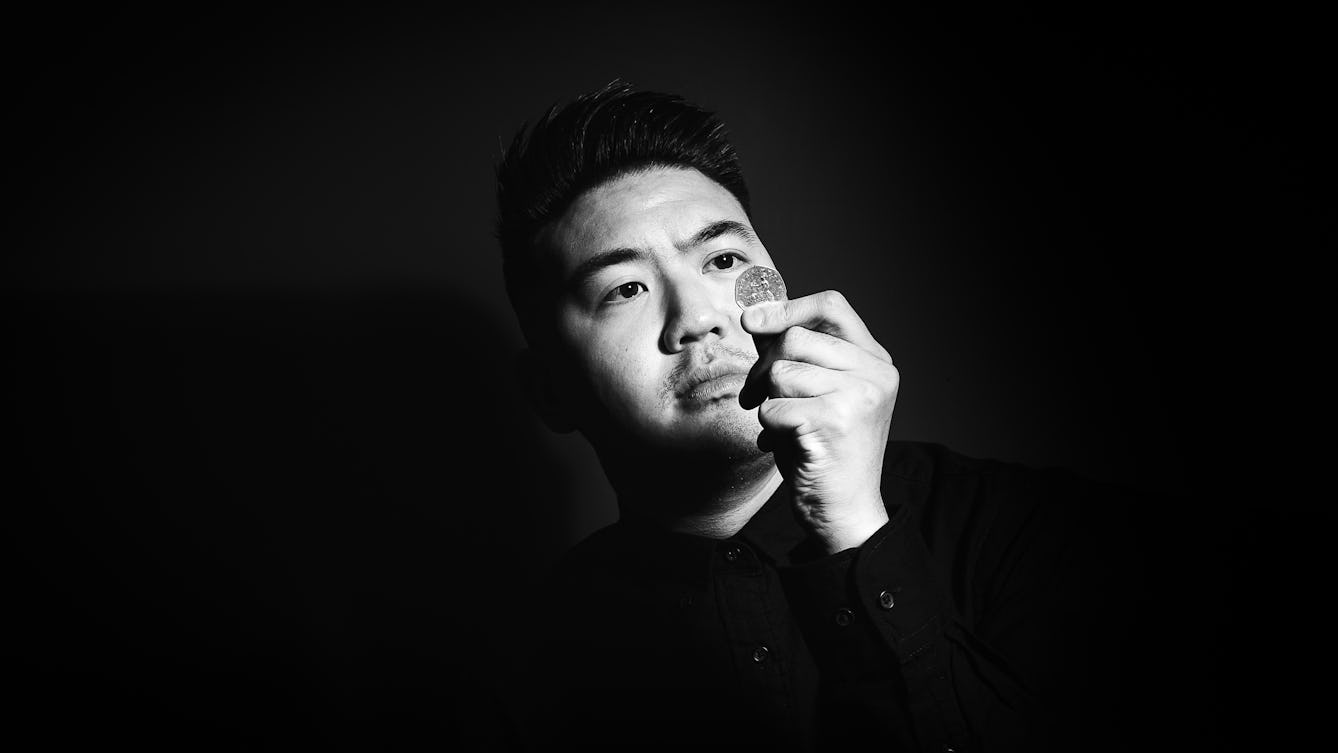
- Article
- Article
Life before assistive technology
When an inherited condition caused Alex Lee’s vision to deteriorate, he began to discover the technologies that would help him navigate the world around him. Here he describes how his life began to change.

- Article
- Article
Living with early onset Parkinson’s
Ten years ago, three little words changed Pete Langman’s world.

- Article
- Article
The child whose town rejected vaccines
Gloucester, 1896. Ethel Cromwell is taken ill at the height of Britain’s last great smallpox epidemic.

- Article
- Article
The blight of the ballooning blood vessels
In 1817 an emergency operation on a London porter was hailed a ‘success’ despite the patient’s swift demise. Find out how this case became a landmark in vascular surgery.
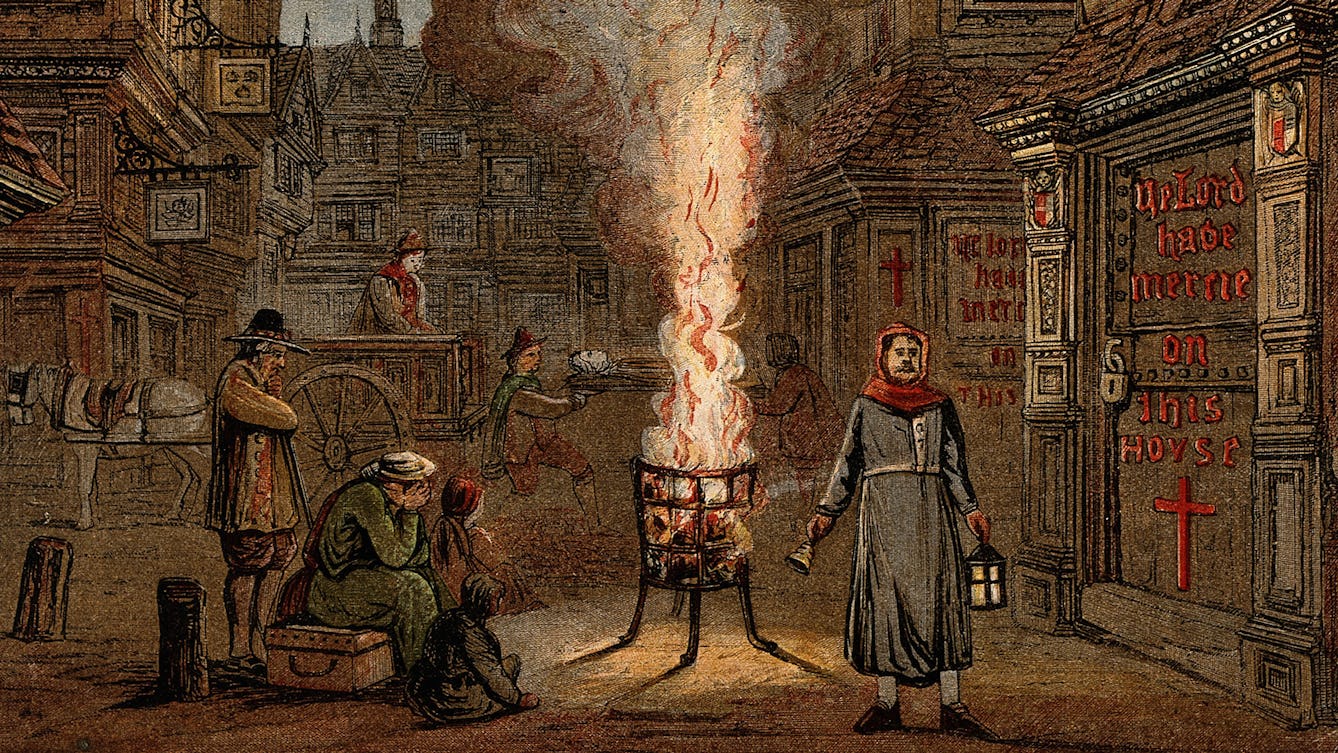
- Article
- Article
The tradesman who confronted the pestilence
The City of London, 1665. As the Great Plague hits the capital, John New faces a deadly dilemma.